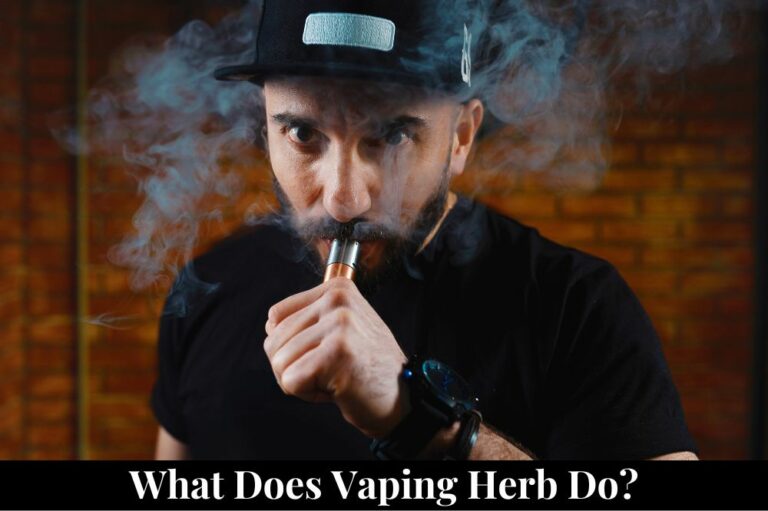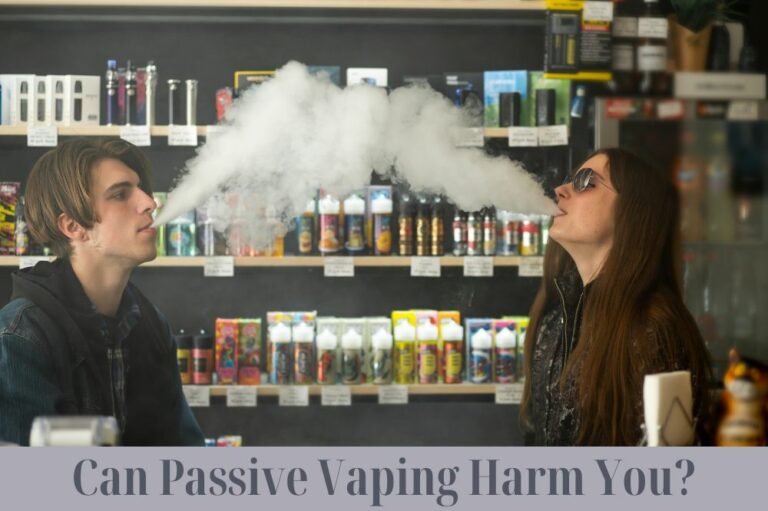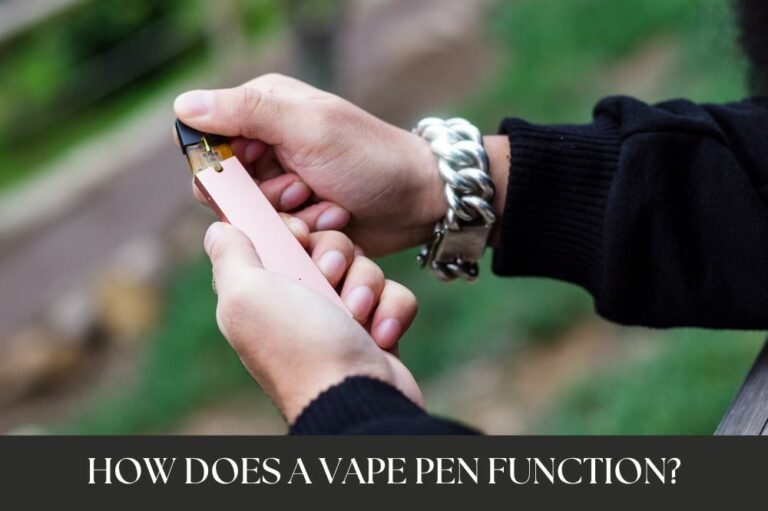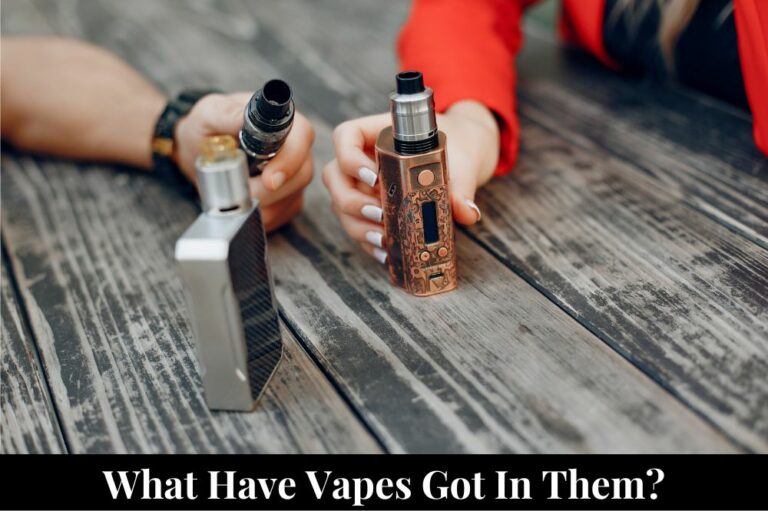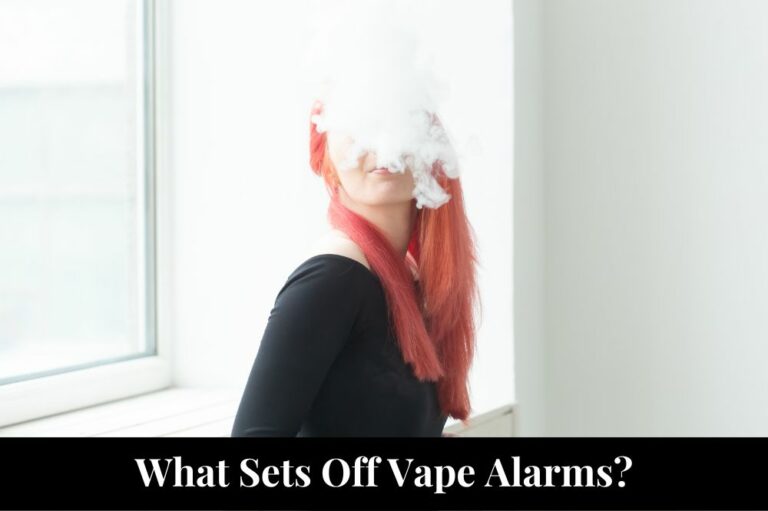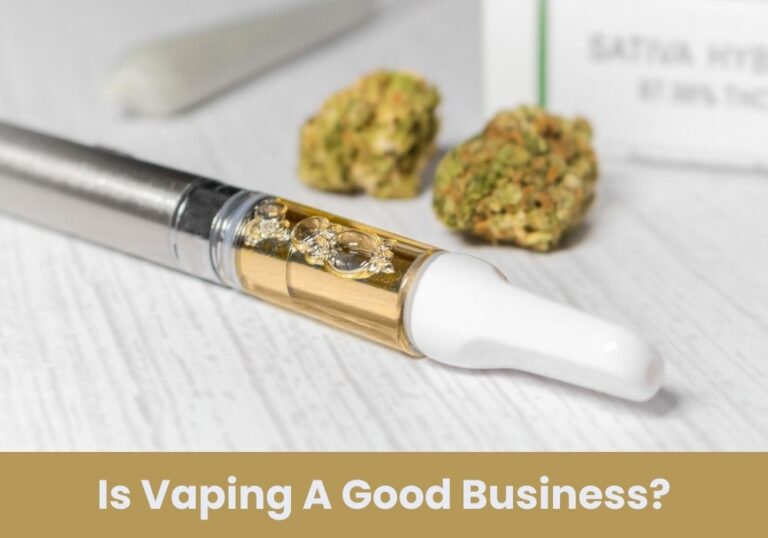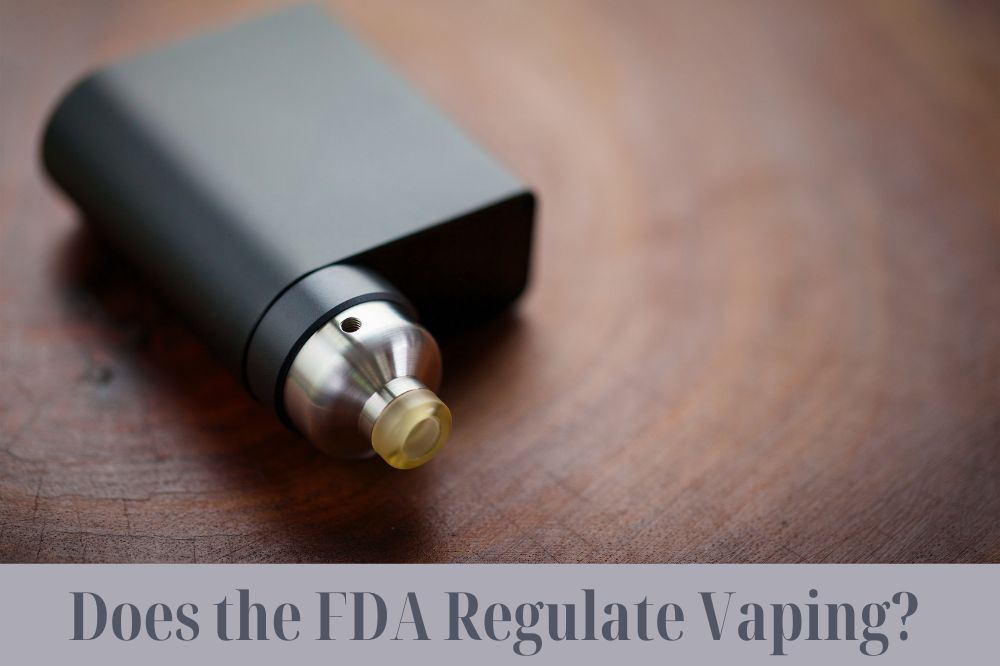
If you’re a vaper, you might be wondering whether the FDA regulates vaping or not. The answer is yes, the FDA does regulate e-cigarettes and other electronic nicotine delivery systems (ENDS). The FDA has been regulating tobacco products since 2009, and in 2016, the agency’s Center for Tobacco Products (CTP) gained regulatory authority over all ENDS, including e-cigarettes, vapes, and other similar products.
The FDA’s regulatory authority over ENDS includes the ability to review new products before they hit the market, require warning labels on products, and enforce age restrictions on the sale of these products. The agency also has the power to take action against companies that violate these regulations, including issuing warning letters, fines, and product seizures. Additionally, the FDA is conducting ongoing research on potentially less harmful alternatives to traditional cigarettes, such as e-cigarettes, to better understand their impact on public health.
FDA’s Role in Regulating Vaping
If you are wondering whether the FDA regulates vaping, the answer is yes. The FDA has been regulating e-cigarettes and other electronic nicotine delivery systems (ENDS) since August 2016. Here is a closer look at the FDA’s role in regulating vaping.
The FDA’s Authority
The FDA’s authority to regulate vaping comes from the Family Smoking Prevention and Tobacco Control Act of 2009. This law gave the FDA the power to regulate tobacco products, including cigarettes, smokeless tobacco, and roll-your-own tobacco. The law was later amended to include e-cigarettes and other ENDS.
SPIRITBAR Katana BP10000
- Slender, leather-textured body reminiscent of a katana handle for an authentic samurai feel
- Unique samurai-inspired e-liquid flavor - fruity yet not too sweet, with a luxurious, elegant aroma
- Powerful 650mAh rechargeable battery for extended vaping time
- Large 18ml e-liquid capacity and 10,000 puff capacity
- Advanced mesh coil and e-liquid & power display screens for optimal vaping experience
The special juice captures the essence of the samurai spirit with its rich, smoothly pulsating flavor that brings new satisfaction with every puff. The device's slender, leather-textured design evokes the grip of a samurai's katana, making this product a perfect choice for beginner vapors.
Under the law, the FDA has the authority to:
- Review new tobacco products before they can be sold
- Regulate the marketing and labeling of tobacco products
- Ban certain tobacco products that are not in the public interest
- Take action against manufacturers who violate tobacco regulations
FDA’s Center for Tobacco Products
The FDA’s Center for Tobacco Products (CTP) is responsible for regulating tobacco products, including e-cigarettes and other ENDS. The CTP’s mission is to protect Americans from the harms of tobacco use while ensuring that those who want to quit smoking have access to effective cessation tools.
SPIRITBAR Jack’s Flask 9000 Puffs
- Stylish pirate flask-shaped body providing an exciting vaping experience
- Delivering up to 9000 puffs per device
- 20ml e-liquid capacity with 50mg nicotine strength for satisfying throat hit
- Specialized pirate-themed e-juice flavors for rich, swirling taste
- Premium mesh coil optimizes flavor profile for maximum vaping enjoyment
This disposable vape captures the daring spirit of the high seas with its flask styling and signature pirate e-juice flavors. The extraordinary battery life provides 9000 indulgent puffs for extended vaping pleasure. Live boldly and freely with the Jack's Flask - a legendary vaping experience fit for a pirate's adventures.
The CTP is responsible for:
- Reviewing new tobacco products before they can be sold
- Regulating the marketing and labeling of tobacco products
- Enforcing tobacco regulations
- Educating the public about the dangers of tobacco use
In conclusion, the FDA does regulate vaping, and the agency takes its role in protecting public health seriously. If you have any questions about the FDA’s regulation of e-cigarettes and other ENDS, you can visit the FDA’s website or contact the agency directly.
Regulations on Vaping Products
If you are wondering whether the FDA regulates vaping, the answer is yes. The FDA has regulatory authority over all electronic nicotine delivery systems (ENDS), including e-cigarettes and vapes. The regulations on vaping products are aimed at protecting public health by ensuring that these products are safe and marketed in a responsible manner.
Product Approval
Before any vaping product can be sold in the United States, it must first receive FDA approval. The FDA evaluates the safety and effectiveness of these products, including the ingredients used in their manufacture. The FDA also reviews the labeling and packaging of these products to ensure that they are not misleading or confusing to consumers.
Marketing and Advertising Restrictions
The FDA has also established strict rules for the marketing and advertising of vaping products. For example, it is illegal for retailers to sell any tobacco product including ENDS and cigarettes to anyone under age 21. The law applies to all retailers and stores, with no exceptions. Additionally, the FDA prohibits the use of terms like “light,” “low,” or “mild” to describe vaping products, as these terms can be misleading and suggest that these products are less harmful than traditional cigarettes.
In conclusion, the FDA does regulate vaping products in the United States. The regulations on vaping products are designed to protect public health by ensuring that these products are safe and marketed in a responsible manner. If you are a manufacturer or retailer of vaping products, it is important to familiarize yourself with these regulations to ensure that you are in compliance with the law.
SPIRITBAR Katana BP10000
- Slender, leather-textured body reminiscent of a katana handle for an authentic samurai feel
- Unique samurai-inspired e-liquid flavor - fruity yet not too sweet, with a luxurious, elegant aroma
- Powerful 650mAh rechargeable battery for extended vaping time
- Large 18ml e-liquid capacity and 10,000 puff capacity
- Advanced mesh coil and e-liquid & power display screens for optimal vaping experience
The special juice captures the essence of the samurai spirit with its rich, smoothly pulsating flavor that brings new satisfaction with every puff. The device's slender, leather-textured design evokes the grip of a samurai's katana, making this product a perfect choice for beginner vapors.
Impact of Regulations on Public Health
The FDA has implemented regulations to address the public health concerns associated with vaping. These regulations aim to prevent youth vaping and ensure safety standards for vaping products.
Youth Vaping Prevention
The FDA has taken steps to prevent youth vaping, as it is a growing concern for public health. The Deeming Rule, which went into effect on August 8, 2016, made it illegal to sell e-cigarettes and other Electronic Nicotine Delivery Systems (ENDS) to individuals under the age of 18. Retailers also became required to check photo identification of anyone under the age of 27. This rule also prohibits the distribution of free samples, false or misleading ads, and vending machine sales of ENDS products.
Moreover, in December 2019, the FDA announced that it would use its market-review authority to essentially ban all flavors except tobacco and menthol in cartridge (pod-based) e-cigarettes. This was done to reduce the appeal of flavored e-cigarettes to young people.
Safety Standards
The FDA has established safety standards for vaping products to ensure that they are safe for consumers. The Deeming Rule extended the FDA’s authority to regulate e-cigarettes, including manufacturing, retail, and marketing. This means that manufacturers must comply with good manufacturing practices and submit a premarket tobacco product application to the FDA for review. The FDA evaluates the product’s ingredients, potential health risks, and appeal to youth before approving it for sale.
Additionally, the FDA has issued warning letters to companies that violate safety standards. These letters warn companies about their violations and provide them with a chance to correct their practices. The FDA also has the authority to seize products that violate safety standards.
Overall, the FDA’s regulations on vaping aim to protect public health by preventing youth vaping and ensuring safety standards for vaping products. These regulations have been put in place to address the growing concerns associated with vaping and to protect consumers from potential health risks.
Challenges in FDA’s Regulation
The FDA has faced several challenges in regulating vaping products due to the evolving nature of the industry and differences in international regulations.
Evolving Vaping Technology
One of the biggest challenges that the FDA faces in regulating vaping products is the rapidly evolving technology. As new products are introduced, the FDA must determine whether they fall under the existing regulations or require new rules and guidelines. For example, the FDA recently introduced new regulations to address the rise of pod-based systems and other electronic nicotine delivery systems (ENDS) that were not covered by previous regulations.
Additionally, the FDA must keep up with the latest research on the health effects of vaping products. As new studies are conducted, the FDA must determine whether changes to regulations are necessary to protect public health. For example, a recent study found that some vaping products contain high levels of toxic metals, which could pose a risk to users. The FDA must determine whether new regulations are necessary to address this issue.
International Regulation Differences
Another challenge that the FDA faces in regulating vaping products is the differences in regulations between countries. While some countries have strict regulations on vaping products, others have more relaxed rules. This can create a challenge for the FDA when it comes to regulating products that are manufactured overseas and imported into the United States.
For example, some countries allow the sale of vaping products that contain higher levels of nicotine than are permitted in the United States. This can create a challenge for the FDA when it comes to regulating imported products that do not meet the same standards as those manufactured in the United States.
Overall, the FDA faces several challenges in regulating vaping products, including the rapidly evolving technology and differences in international regulations. Despite these challenges, the FDA remains committed to protecting public health and ensuring that vaping products are safe for consumers to use.



